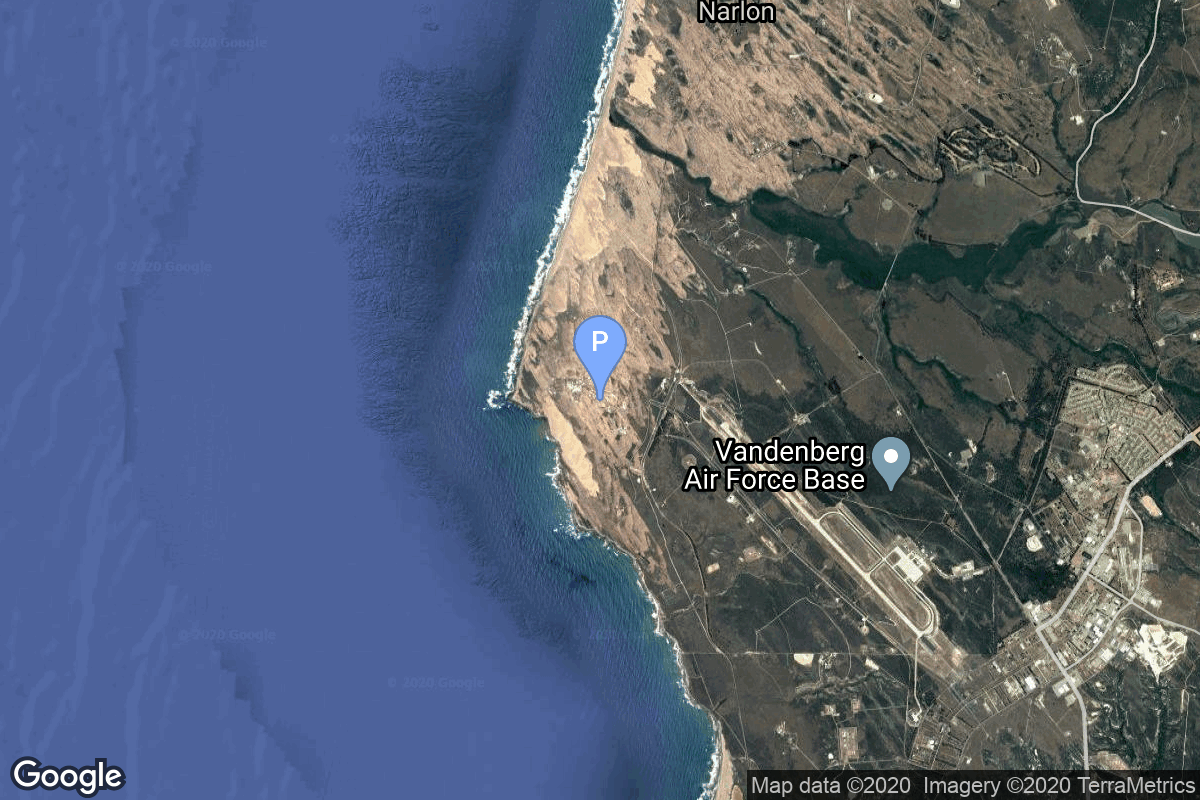Polar
Delta 7925-10
United States Air Force
Mission
Polar
- Type: Astrophysics
- Orbit: Elliptical Orbit
Polar is one of four spacecraft in the Global Geospace Science (GGS) program. These are among the spacecraft (Wind, Geotail, SOHO, and Cluster) in the International Solar Terrestrial Physics (ISTP) program. POLAR measures solar wind entry, ionospheric output, and the depositions of energy into the neutral atmosphere at high latitudes.
Location
Space Launch Complex 2W
Vandenberg SFB, CA, USA
Space Launch Complex 2W has witnessed the launch of 96 rockets, including 96 orbital launch attempts, while Vandenberg SFB, CA, USA, has been the site for 749 rocket launches.
Rocket
McDonnell Douglas Delta 7925-10
Delta II was an expendable launch system, originally designed and built by McDonnell Douglas. Delta II was part of the Delta rocket family and entered service in 1989. Delta II vehicles included the Delta 6000, and the two later Delta 7000 variants (“Light” and “Heavy”). The rocket flew its final mission ICESat-2 on 15 September 2018, earning the launch vehicle a streak of 100 successful missions in a row, with the last failure being GPS IIR-1 in 1997.
Agency
United States Air Force
The United States Air Force (USAF) is the air service branch of the United States Armed Forces, and is one of the eight uniformed services of the United States. Originally created on 1 August 1907, as a part of the United States Army Signal Corps, the USAF was established as a separate branch of the United States Armed Forces in 1947 with the enactment of the National Security Act of 1947.

